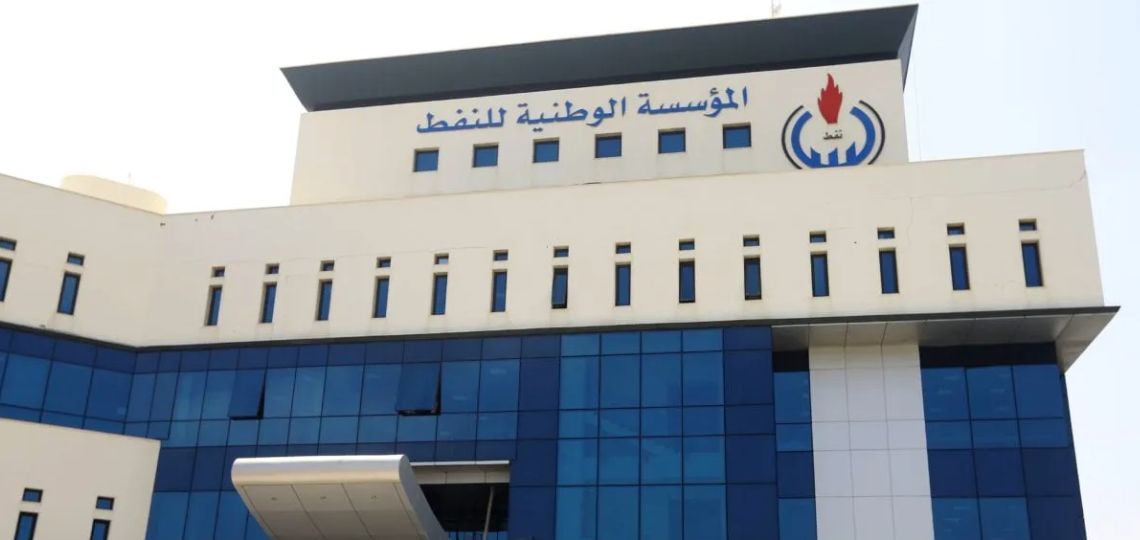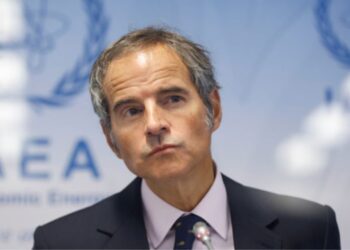The Libyan National Oil Company (NOC) has called on foreign companies active in the hydrocarbon sector to resume their exploration and production operations, arguing that the security situation has improved.
“The NOC calls on international companies operating in the oil and gas sector, with which agreements for exploration and production of oil and gas have been signed, to lift the force majeure invoked on their side,” according to a statement issued on Monday night.
“Force majeure” is a measure invoked in exceptional circumstances, allowing an exemption from the responsibility of the NOC, or in this case, companies operating in Libya, in case of non-compliance with contractual obligations.
Over the past decade, Libya has been regularly plagued by violent clashes between rival factions in the east and west, which has affected the exploitation of oil fields, the transport of hydrocarbons and oil terminals, caught between the two camps.
The NOC explained that it launched this appeal after having carried out an “assessment” of the security situation and noted a “dramatic improvement” in some sites where it was difficult to operate.
The NOC urged the foreign companies to “resume their operations” of exploration and extraction, assuring them that it would provide them with “all the necessary support” so that they could work “in a safe environment”, in “cooperation with the civil and military authorities” on the spot.
Almost eleven years after the fall of Muammar Gaddafi, Libya, which has the most abundant reserves in Africa, remains torn between rival factions in the east and west, against a backdrop of foreign interference.
Since March, two governments have been fighting for power, one based in Tripoli (west) and recognized by the UN, the other supported by parliament and the camp of Marshal Khalifa Haftar, the strongman of the east.
The day after his appointment in mid-July as head of the NOC, Farhat Bengdara announced the lifting of a blockade on six major oil fields and terminals, closed since mid-April by groups close to the eastern camp.
In early November, he said that his country was looking to increase its oil production “to 2 million” barrels per day, almost doubling from the current level of 1.2 million b/d.






